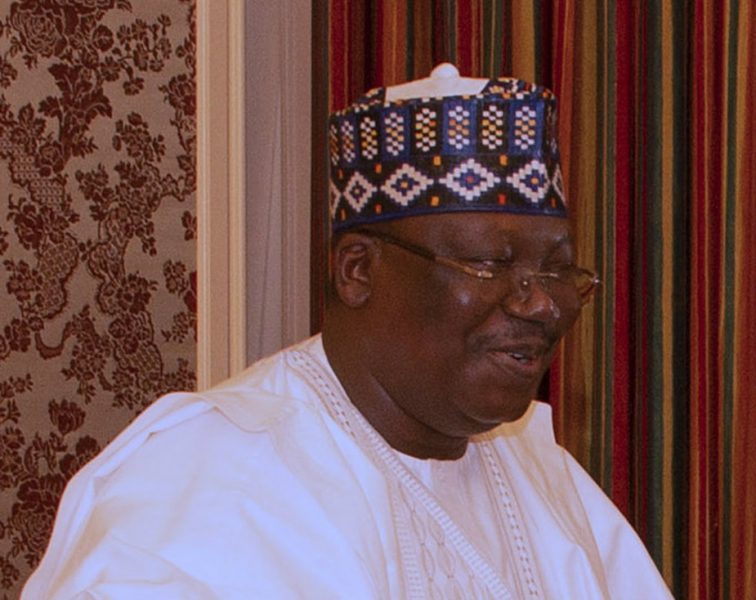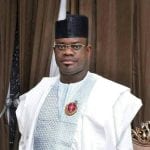…says bicameral legislature suits nation’s peculiarity
The Nigerian Senate President, Dr Ahmad Lawan, has reacted to calls for the scrapping of the Senate or the House of Representatives, saying the current bicameral legislature suits the country’s peculiarity.
Nigeria, he said, “adopted consciously bicameral National Assembly because of its peculiarity’’, pointing out that the “diversity and the ethnic composition of the country requires a system that would ensure equity and value.’’
Lawan spoke in Abuja at the 3rd convocation of the Nigerian Institute of Legislative and Development Studies (NILDS), University of Benin, Benin City, Edo State.
There have been calls for the scrapping of either chamber of the National Assembly by well-meaning Nigerians as part of cutting cost of governance.
Nigeria has some of the world’s highest paid lawmakers, earning more than their counterparts in the U.S. or UK.
The humongous cost of running government recently triggered a first-timer Senator, ex-Gov. Rochas Okorocha, to call for a senator per state and reduction of number of members of the House of Representatives.
Many countries including Italy, Liberia and Senegal have reduced the number of their lawmakers in tandem with the economic realities.
According to Lawan, for instance, Bayelsa State with five members of the House of Representatives could not compete with Kano that has 24 in the House, but in the Senate, Kano has three senators just like Bayelsa, describing it as a leveller.
“So, it is a conscious decision and design to ensure that everybody is represented. We need a bicameral legislature in Nigeria. What we should be looking out for is productivity.
“Members of the National Assembly must justify the expenditure on them and that is what we should be concerned with. We must be productive and we are on the way to proving that we are going to be productive,” the Senate President said.
Justifying their existence, Lawan said the current members of the National Assembly have “committed themselves more than ever before to make sure that budget defence is completed on time’’.
“The target of October 29th as the last date for budget defence remains sacrosanct…from the 30th of October to the 5th of November, all committees are expected to defend their budget before the Appropriation Committees of both the Senate and the House.’’
Again Lawan promised that the lawmakers would ensure that the budget was implemented, though he acknowledged that availability of revenue is the main constraint in budget implementation.
“Today, Nigeria is challenged by availability of revenue. We can pass the budget in record time, but when it comes to implementation, we have to be subject to how much we are able to gather.
“Nigeria has a lot of revenue, but majority of the revenue generating agencies don’t remit most of these revenues and have forced the government to resort to borrowing,” he stressed.
Earlier, the DG of the institute, Prof. Abubakar Sulaiman, said in the first five academic sessions since inception, especially from 2013/2014-2018/2019, a total of 271 students enrolled for the various programmes.
He said this year, 65 students would be conferred with various degrees broken down to 28 Master’s in Legislative Studies, 15 Master’s in Legislative Drafting and 22 Master’s in Parliamentary Administration.























Leave a comment